As Tanzania held its general elections on Wednesday, October 29, 2025, the country experienced a sweeping internet outage across all major networks, and violent protests broke out in urban centres — marking one of the most dramatic election-day disruptions in recent East African history.
Internet Shutdown Confirmed
Live data from digital observatory NetBlocks confirmed that connectivity across Tanzania plunged abruptly as polling commenced, with service providers facing nationwide disruption. “Confirmed: Live network data show a nationwide disruption to internet connectivity in #Tanzania on election day,” the organisation posted.
The blackout came amid reports that three major service providers shut down access, prompting immediate questions about whether the disruption was state-ordered. The timing coincides with polling, roadblocks, and unrest, raising alarms among rights groups that the move was intended to stifle mobilisation and coverage of the vote.
Protests Erupt Across the Nation
In the early hours of the vote, large numbers of young Tanzanians took to the streets in cities such as Dar es Salaam, obstructing traffic, setting up barricades and facing off with riot police. Demonstrators hurled stones, chanted slogans and clashed with security forces responding with tear-gas and water-cannons. The eruption of violence came amid the backdrop of a low voter turnout and an election environment described by critics as “rigged” and “sham”.
What’s Driving the Chaos
- The ruling Chama Cha Mapinduzi (CCM) party, led by incumbent President Samia Suluhu Hassan, faces minimal contest as two major opposition parties were barred from participating.
- Rights groups and civil society observers have issued warnings of systemic repression, including enforced disappearances, arrests of opposition leaders and media suppression in the lead-up to the vote.
- The internet shutdown cuts off channels for real-time reporting, citizen documentation of abuse and coordination of protests or independent oversight — using digital silence as a form of control.
The twin phenomena of a digital blackout and explosive protests signal deepening instability in Tanzania’s political landscape and raise grave questions about the credibility of the election. Cutting internet access during polling undermines transparency and disenfranchises citizens, while street unrest reflects widespread contestation of the process.
If the election proceeds under such conditions, the results may be perceived as lacking legitimacy, potentially triggering diplomatic fallout, domestic unrest or long-term erosion of democratic structures in East Africa’s second-largest economy.

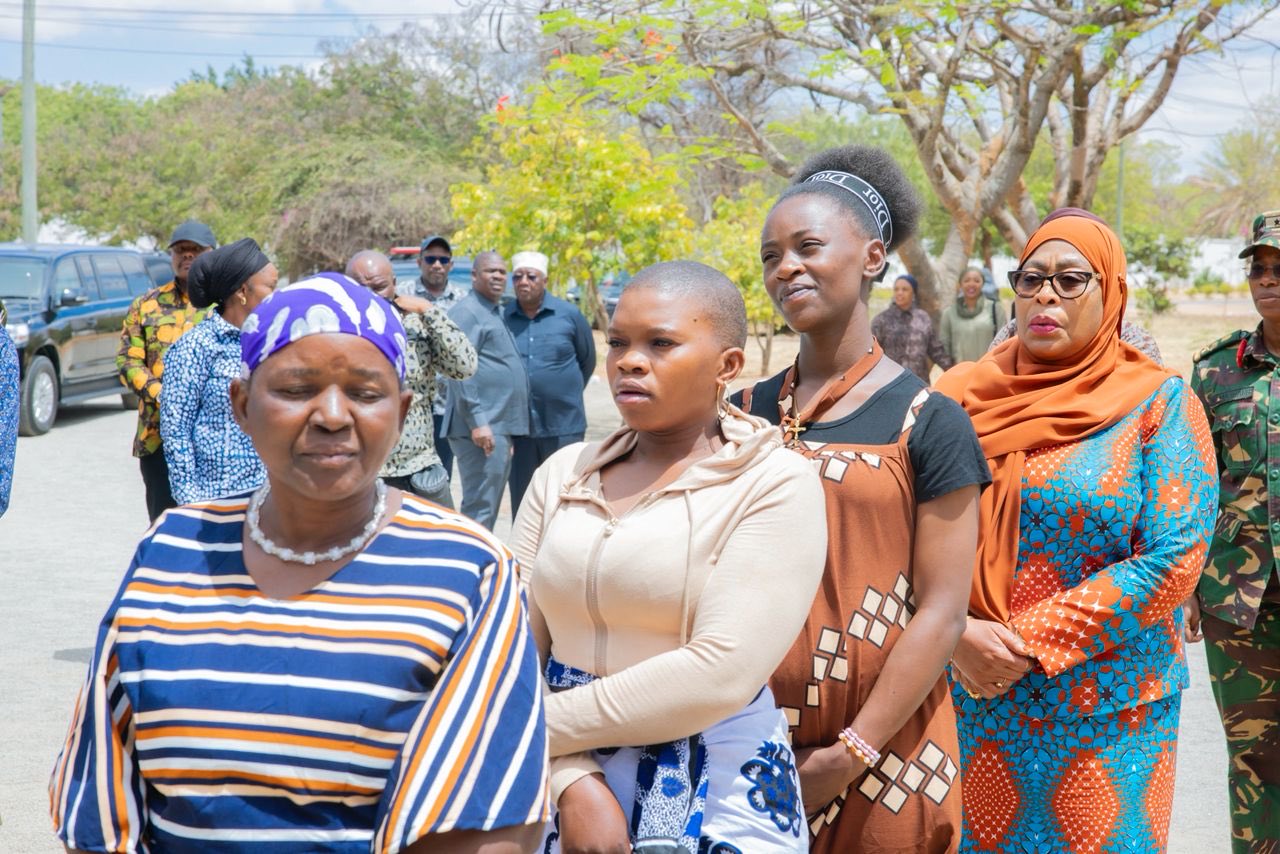



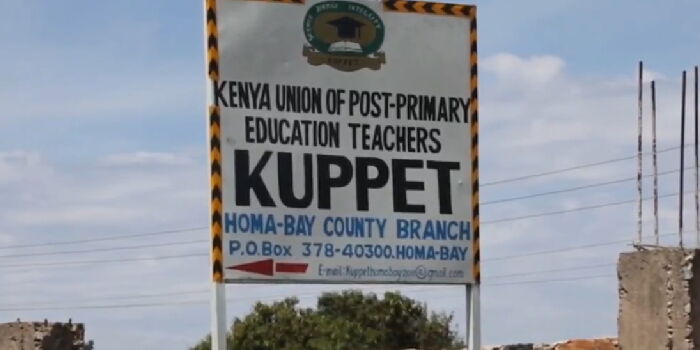


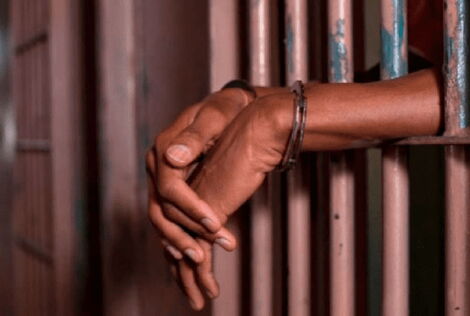
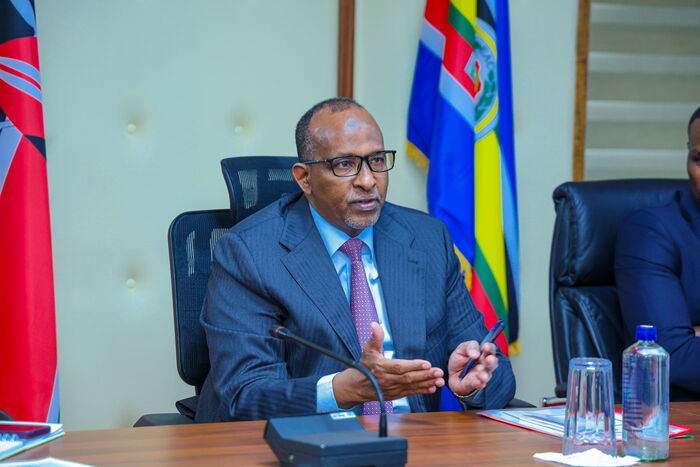

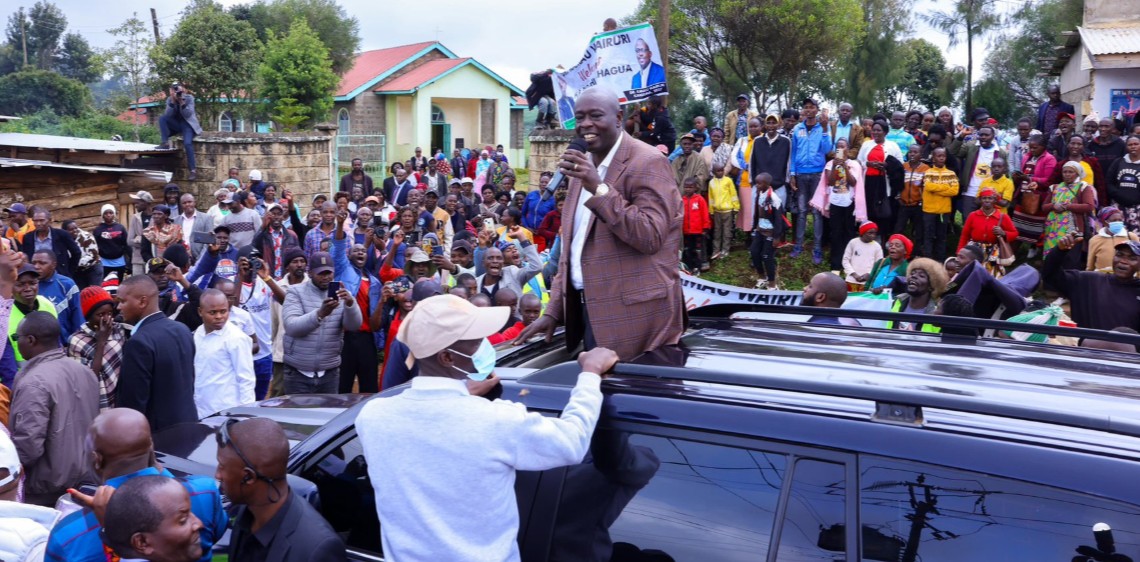

Leave a Reply